Situated in the vibrant state of Rajasthan, the Kalibanga Museum forms an abode no less than, giving any visitor a tantalisation about the Indus Valley Civilization. Situated within the town of Kalibanga, this museum forms a collection of rich artefacts excavated from the archaeological site itself, dating back to about 2500 BCE. Exhibits displayed in the museum include pottery items, seals, sculptures, and various tools used in antiquity, which, taken together, give quite a good insight into the Indus Valley way of life and culture. This guide shall bring forth all the essential details about the museum, including the location, how to get there, what to see, and nearby attractions.
Location
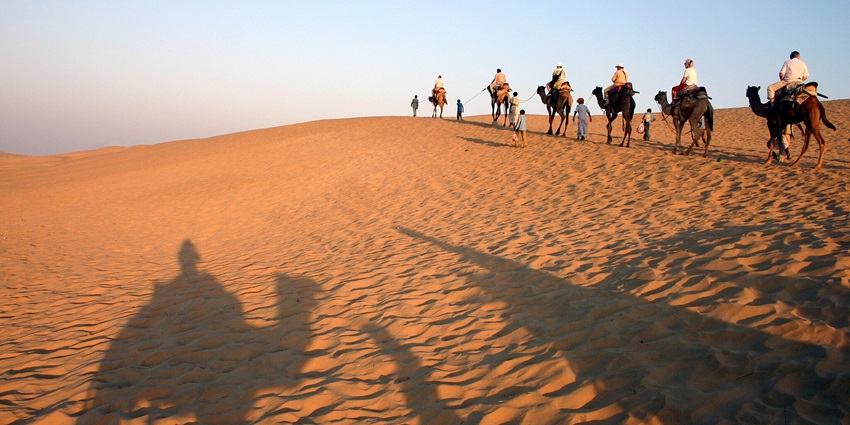
Photo: user:Flicka / Wikimedia Commons / Image For Representation Only
The Kalibanga Museum address is in the town of Kalibanga, Rajasthan, India, within the Hanumangarh district. It falls within the vicinity of the archaeological site of Kalibanga, which is one of the most important settlements of the Indus Valley Civilization. The museum contains an immense collection of artefacts discovered from excavation sites, consisting of pots and pans, seals, and ancient tools. The place of the museum itself allows one to review the history of one of the oldest civilizations, where exhibits in the museum reflect the daily life, culture, and advancement of the Indus Valley people.
Suggested Read: Places To Visit In Jaipur In The Evening
How To Reach
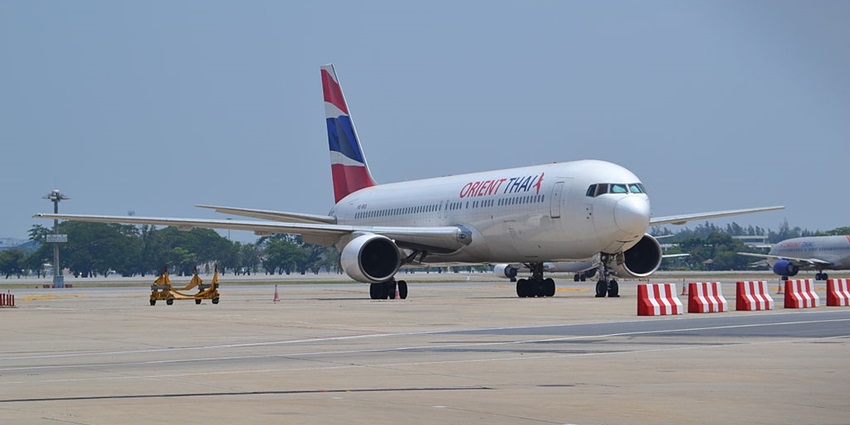
Photo: Alec Wilson / Wikimedia Commons / Image For Representation Only
By Air: The nearest airport to Kalibanga Museum is Bikaner Airport, which is about 150 km away. The airport is well-connected to major cities in India. From there, one can hire a taxi or board a bus to reach Kalibanga. A trip from the airport to this museum is not complicated, so one can begin the tour of a historical place in pretty short order.
By Bus: It is equally possible to reach Kalibanga by bus, with connectivity from practically all cities in Rajasthan, including Jaipur and Bikaner. In the town, the bus stand is fairly well-connected, lying a distance of about 2 km from the museum. You can hire a taxi or auto-rickshaw from there to go to the museum. The bus travel through Rajasthan presents you with some minimalistic, rural landscape beauty and sets the tone for your visit to the historical sites of Kalibanga. Public and private bus services make it convenient to reach the museum from any part of the city.
By Rail: The nearest railway station is Hanumangarh Junction, about 50 kilometres away. The station is well-linked with major cities in Rajasthan and neighbouring states. Buses and Taxis are available from Hanumangarh Junction to Kalibanga Museum. The train journey through Rajasthan gives an excellent overview of the terrain and historical landmarks visible throughout the state.
Places To Visit In And Around Kalibanga Museum
Here is a list of 5 places that you must visit around the Kalibanga Museum:
1. Bhatner Fort
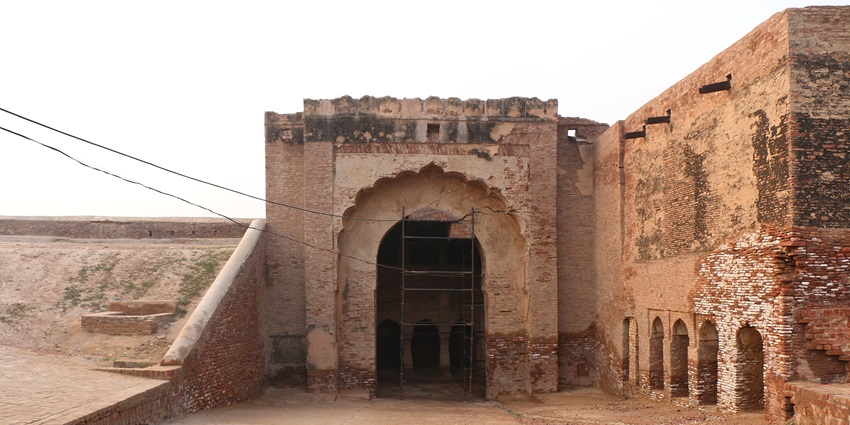
Photo: Nishantsrivastava / Wikimedia Commons
Over 50 km away from Kalibanga, in Hanumangarh, lies the Bhatner Fort-one of the oldest forts of India-constructed on the banks of Ghaggar River over 1700 years ago by Bhupat, son of Jaisalmer’s King Bhatti. The fort underwent many attacks against its capture, first by Timur and then by Prithviraj Chauhan. Still, it remained unconquered for centuries due to its extraordinary strength. In 1805, Raja Surat Singh of Bikaner finally succeeded in capturing the fort. It has magnificent architecture, including beautiful entrance gates and gracefully styled temples dedicated to Lord Shiva and Lord Hanuman.
Timings: 9 AM to 6PM
Entry Fee: Free
Suggested Read: Things To Do In Sawai Madhopur
2. Temple Of Shri Gogaji
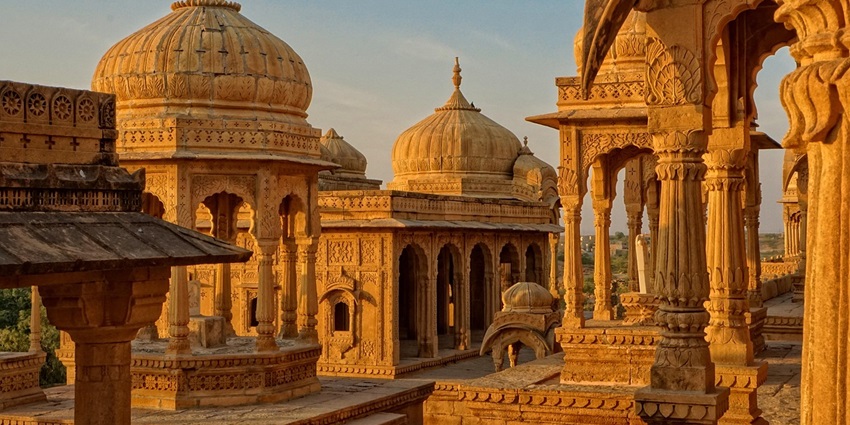
Photo: Glavo / Pixabay / Image For Representation Only
It lies around 120 km away from the city of Hanumangarh. This is quite a different temple, its architecture being a blend of both Hindu and Muslim styles. The temple has been dedicated to Gogaji, an immortal warrior who had spiritual powers in the stick he carried and was called the ‘God of Snakes.’ Maharaja Shri Ganga Singh of Bikaner gave orders for this temple around 900 years ago. The exquisite carvings of the temple and the statue of Gogaji sitting on a horseback. These temples are attended by people of all faiths, particularly during the fair of Gogamedi.
Timings: 6 AM to 8 PM
Entry Fee: Free
3. Gogamedi Panorama
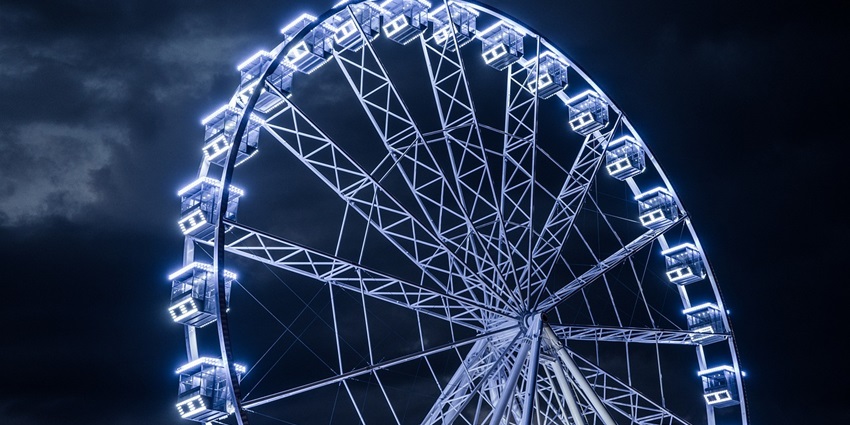
Photo: Leonhard_Niederwimmer / Pixabay / Image For Representation Only
It serves Gogamedi village in the district of Hanumangarh, which is enriched with religious and cultural values. The Panorama at Gogamedi presents a breathtaking glimpse of the surroundings and thus forms a most sought after pointafter by nature lovers and photographers. During the Gogamedi Festival, a fair is organised yearly in the great honour of Shri Gogaji, a god for snakes. Visitors come to this from all over the region, enriching its cultural importance. A panoramic view of the area, coupled with its spiritual ambience, forms a unique experience for visitors in search of both visual beauty and cultural richness.
Timings: Open throughout the day
Entry Fee: Free
Suggested Read: The Top Things To Do In Sikar
4. Temple Of Mata Bhadrakali
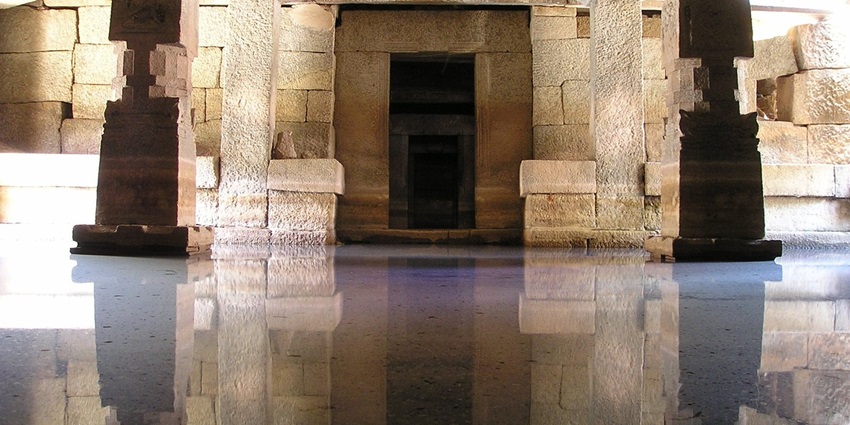
Photo: Simon / Pixabay / Image For Representation Only
Located a distance of just 7 kilometres away from Hanumangarh, the Temple of Mata Bhadrakali is a very reverenced religious kshetra for one of the many avatars of Goddess Durga. The deity placed inside the temple is made of red stone in an intricately carved shape and was constructed by Maharaja Ram Singh, the sixth king of Bikaner. Serenely positioned on the banks of the Ghaggar River, the temple provides peaceful surroundings to the devotees coming here in search of spiritual solace. The temple remains open during the week, accommodating local and tourist flow that comes to offer their respects and for its serene surroundings.
Timings: 6 AM to 8 PM
Entry Fee: Free
5. Masitavali Head
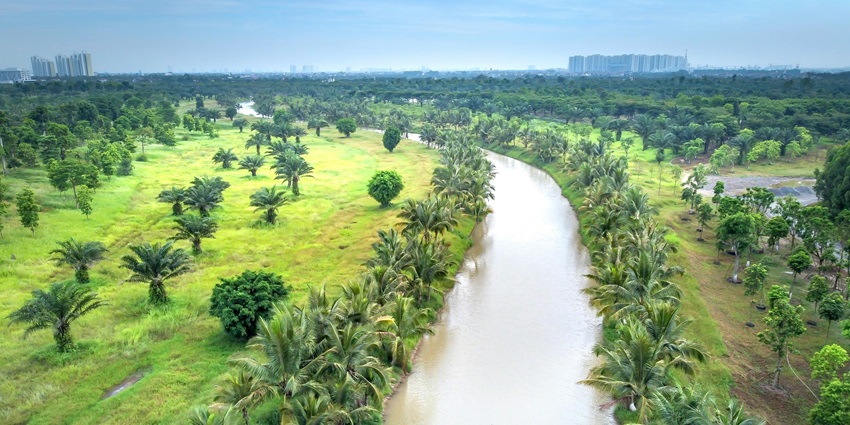
Photo: Quang Nguyen Vinh / Pexels / Image For Representation Only
The Masitavali Head lies in Masitavali village, about 34 kilometres away from the city of Hanumangarh. It essentially forms the entrance to the biggest irrigation project in Asia under the name of Indira Gandhi Nahar Pariyojna. It looks really different from the surrounding landscape of sand; hence, it can be called an oasis in the sand. Combining nature and human ingenuity makes Masitavali Head a place worth interest. Visitors flock to the serene atmosphere of the place, scenic views, and the imposing structure of the irrigation project that has revolutionised the agricultural potential of this area.
Timings: Open throughout the day
Entry Fee: Free
Suggested Read: Gajner Wildlife Sanctuary
Where To Stay
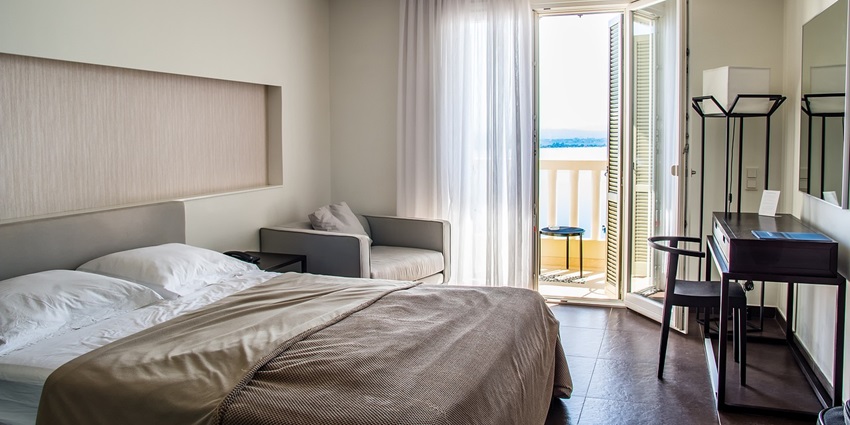
Photo: JanClaus / Pixabay / Image For Representation Only
Accommodation options near the Kalibanga Museum include a range of choices to suit different preferences. For a comfortable stay, consider hotels such as Hotel Rajasthan Palace or Hotel Kalibanga, which offer convenient access to the museum and local attractions. Mid-range options include Hotel Kesar Palace and Hotel Shree Ram, providing comfortable rooms and basic amenities. Budget travellers can opt for guest houses or lodges in Kalibanga that offer affordable and clean accommodations. These lodging options ensure a pleasant stay while exploring the historical sites of Kalibanga and its surroundings.
Where To Eat
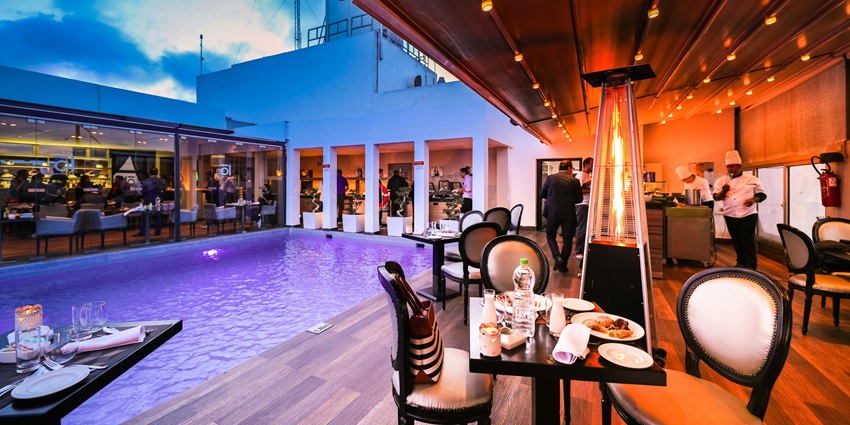
Photo: Zak Chapman / Pexels / Image For Representation Only
Dining options near Kalibanga Museum offer a taste of traditional Rajasthani cuisine. For local flavours, try eateries such as the Kalibanga Restaurant or the Rajasthan Dhaba, which serve authentic Rajasthani dishes like dal bati churma and gatte ki sabzi. The eateries provide a variety of traditional and regional dishes in a casual setting. Additionally, the town features several small cafes and local food stalls where you can enjoy snacks and beverages. Exploring these dining options allows you to experience the local culinary heritage, enhancing your visit to the museum and the town.
Suggested Read: Explore Dolls Museum Jaipur
Best Time To Visit
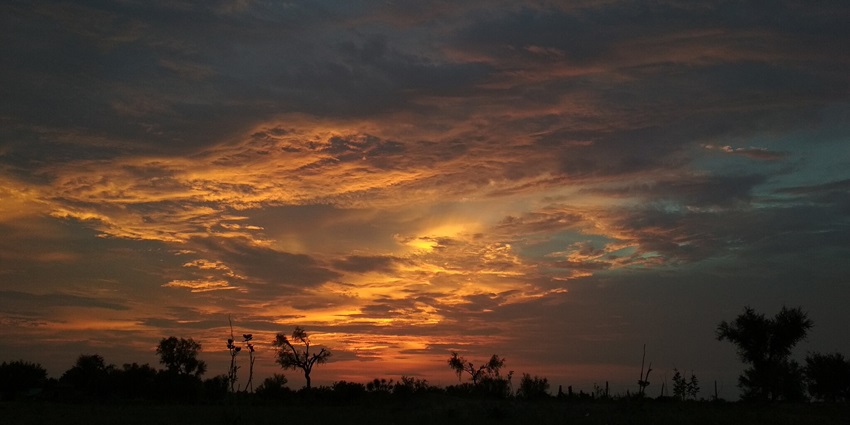
Photo: Raju Jangid / Wikimedia Commons / Image For Representation Only
The best time to visit the Kalibanga Museum is between October and March. During these months, the weather is cooler and more comfortable, with temperatures ranging from 15°C to 25°C (59°F to 77°F). This period is perfect for exploring outdoor and historical sites in and around Kalibanga. The cooler temperatures enhance the overall experience, making it easier to travel and enjoy the museum’s exhibits. Avoid visiting during the peak summer months, from April to June, when temperatures can exceed 40°C (104°F), making travel and outdoor activities less pleasant.
Other Factors To Consider
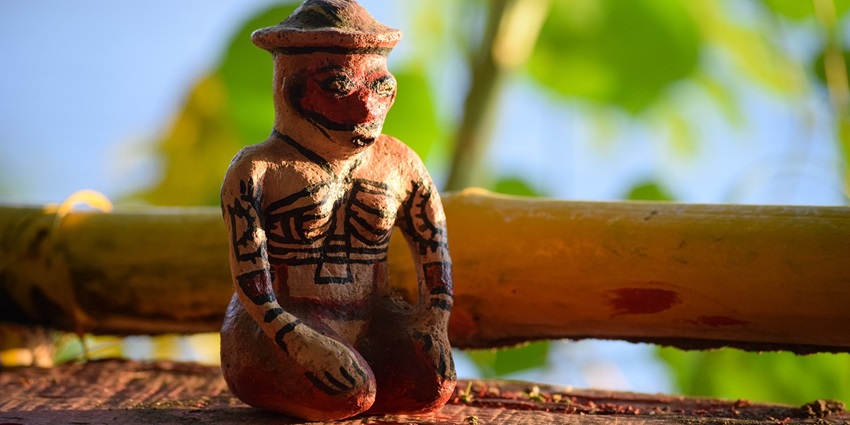
Photo: bwillayam / Pixabay / Image For Representation Only
Average Cost Of Trip:
The average cost of a trip to Kalibanga varies depending on your preferences. Budget travellers can expect to spend around ₹2,000 to ₹3,000 daily. Mid-range travellers can anticipate costs between ₹3,000 and ₹5,000 daily. Luxury travellers might spend ₹7,000 or more daily, depending on accommodation and dining choices.
Tips For Travellers:
- Wear Comfortable Clothing: Choose light and breathable fabrics, especially if visiting during warmer months.
- Stay Hydrated: Carry water and stay hydrated during your exploration.
- Respect Local Customs: Be mindful of local traditions and dress modestly when visiting cultural sites.
- Photography: Photography is allowed, so don’t forget to capture stunning photos at Kalibanga Museum
- Check the Kalibanga Museum timings before planning your visit to avoid disappointment.
- Check Museum Hours: Confirm the museum’s opening hours and entry fees before planning your visit.
Suggested Read: Best Foods In Mount Abu
In conclusion, visiting the Kalibanga Museum and its surrounding attractions offers a captivating journey into ancient history and cultural heritage. Whether exploring the historic Bhatner Fort, admiring the unique Temple of Shri Gogaji, or enjoying the scenic Gogamedi Panorama, there’s much to discover. For a well-planned and memorable trip, consider booking through TripXL. Let TripXL help you create an exceptional travel experience.
Cover Photo: Ankit Gupta / Pexels / Image For Representation Only


 WhatsApp
WhatsApp
 Twitter
Twitter









